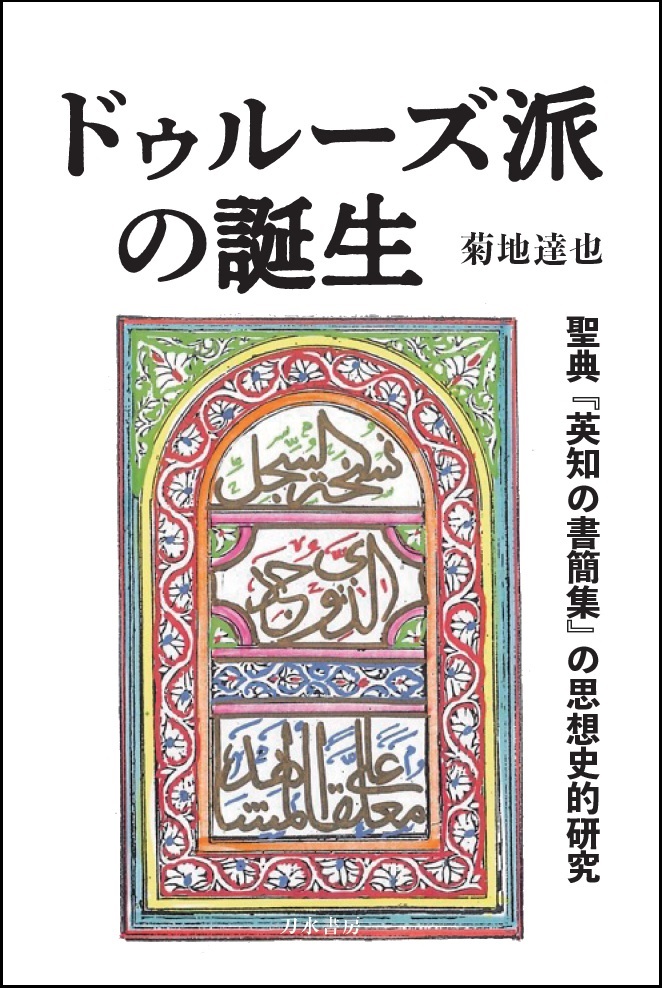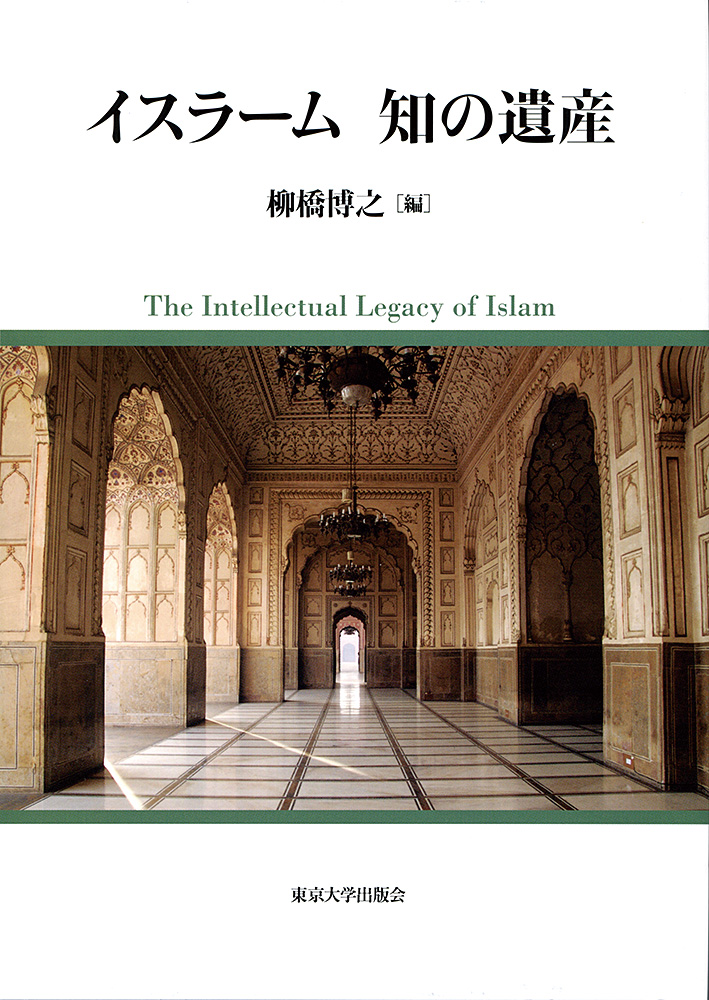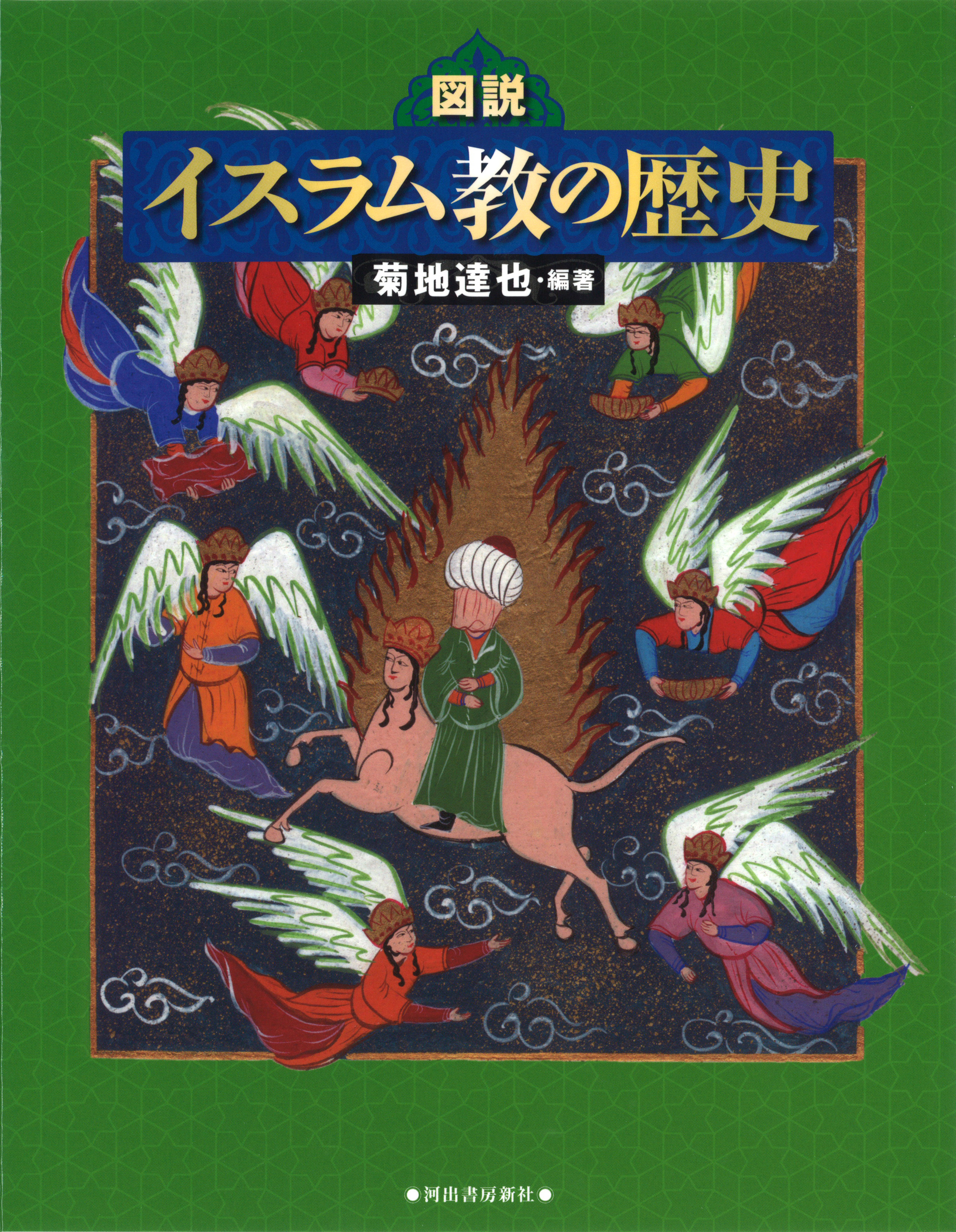
Title
Druzes-ha no Tanjyo (The Birth of the Druzes - A Study on Their Sacred Book, the Epistles of Wisdom)
Size
180 pages, A5 format
Language
Japanese
Released
July, 2021
ISBN
978-4-88708-470‐4
Published by
Tosui Shobo, Publishers
Book Info
See Book Availability at Library
The Islamicate world has given rise to religions and sects such as the Alawites and the Yazidis with unique religious creeds based, for example, on the deification of specific individuals that do not clearly fit within the framework of Islam. In the past, the influence of non-Islamic religions such as Christianity and ancient Gnosticism as well as Middle Eastern folk religions on such religions and sects has tended to be emphasized. While such influence likely was not zero, it is also possible that those religions and sects were derived from the various interpretations of the Qur’an and the prophetic traditions that existed in early Islamic history, although some of such interpretations would be considered by modern Muslims to be heretical or heathenistic. While a great variety of tenets appeared after the birth of Islam in the 7th century, from the 10th century onward, the mainstream groups among the Sunnis and the Shi‘is respectively established orthodox doctrines; all other conflicting tenets or sects were disavowed and eliminated. In this process, two sects whose anti-mainstream interpretations of Islam crystallized and were consequently eliminated as heretical were the Alawites and the Druzes, who are the subject of this book. While these sects may fall outside of the Islamic framework in the view of ordinary Muslims, they are certainly the fruits of Islamicate religious culture. They could, in fact, be thought to result from the diversity of early Islamicate tenets.
The objective of this book is to elucidate the doctrines of the Druzes in their formative stage in the early 11th century within the context of history of Shi‘ism. The Druzes separated from the Isma‘ilis, Shi‘i sect which at the time had established the Fatimid dynasty over the western half of the Islamicate world, by declaring al-Hakim, an imam-caliph of this dynasty (reign from 996 to 1021), to be a god. The Druzes—who today live in Lebanon, Syria, and Israel—have unique doctrines that, in addition to the deification of al-Hakim, include a belief in the transmigration of souls. This book examines epistles attributed to the sect’s founder, Hamza ibn ‘Ali, contained in the the Druze sacred book, the Epistles of Wisdom, and analyzes their world view based on good-evil dualism, messianism, belief in transmigration, and practice of religious dissimulation (taqiyya) in comparison to the Isma‘ilism as the principal source of the Druze faith. The Epistles of Wisdom was thoroughly revised from a scholarly perspective for the first time in the 21st century; however, no attempt has been made to comprehensively overview the doctrines as presented in the epistles attributed to Hamza. The two main findings of the analysis performed in this book are that (1) although Hamza’s doctrines were formed as an extension of Isma‘ilism, he clearly stepped over lines that Isma‘ilism did not in his deification of the charismatic leader and his embrace of good-evil dualism and (2) a portion of beliefs unique to the Druzes such as transmigration are not mentioned in the epistles attributed to Hamza and were probably introduced after Hamza’s death.
(Written by KIKUCHI Tatsuya, Professor, Graduate School of Humanities and Sociology / 2022)



 Find a book
Find a book



